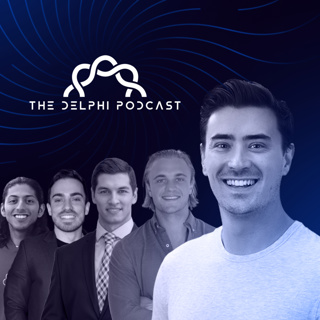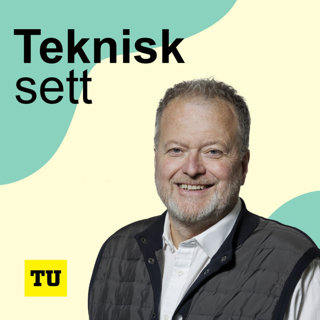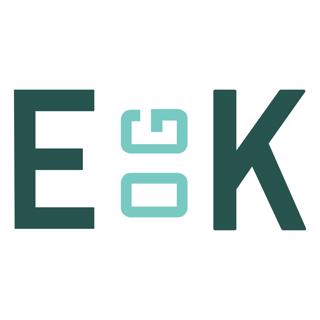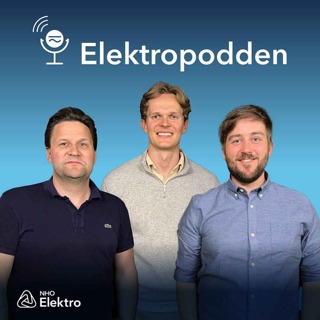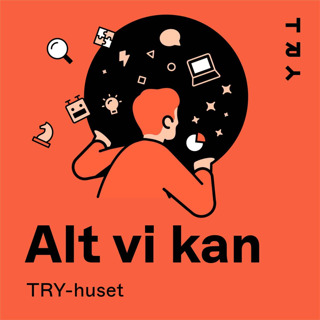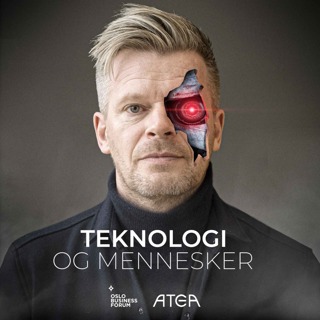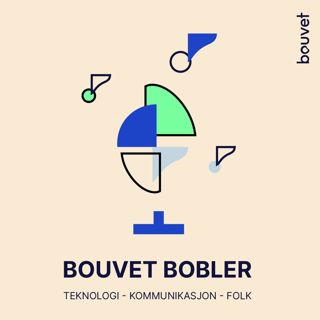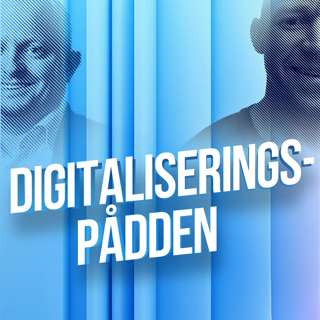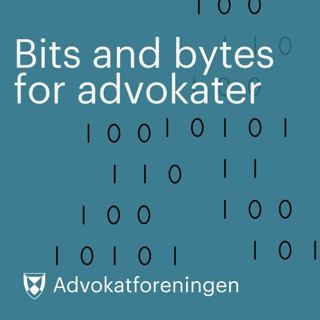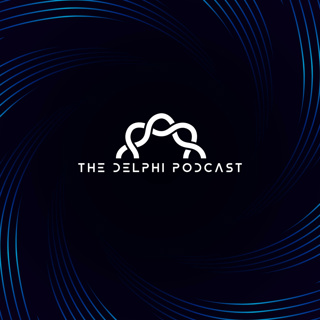
Myles Snider of Aurora EOS: A Response To The Massive Controversy On The 5th Largest Blockchain
Today on 51percent's Institutional Podcast we have Myles Snider, the CEO of Aurora EOS a candidate block producer for EOS. Myles was also previously head of research at Multicoin Capital. EOS has faced intense scrutiny over the past few weeks, and we take a detailed and unbiased look under the hood. Unbiased deep dive covering everything EOS Myles’ response to the massive controversy regarding EOS (limited nodes, vote buying, cartels, the future, renting out resources) Will EOS solve its issues before Ethereum is able to scale with Level 2? Can BlockOne actually deploy its $4B? Info on EOS' 21 validators, how they can change and how 70 are compensated on standby. Details on the resource exchange to lend out EOS for a return How the EOS constitution cannot be enforced by code. The beauty of on chain governance and so much more. Add your email on 51pct.io for our extensive research reports. 51percent's Institutional Crypto Podcasts are to the point discussions with crypto leaders for analysts, funds and institutions. Make sure to add your email on 51pct.io Disclosure: Tom Shaughnessy owns tokens in ETH and has no position in EOS. This podcast is NOT investment advice and is only informational. Do not make investment decisions based upon this podcast.
11 Okt 20181h 9min

ConsenSys Capital Co-Founder Andrew Keys: The Future of Ethereum and ConsenSys
Andrew Keys, the Co-Founder of ConsenSys Capital discusses all things blockchain and the future of both ConsenSys and Crypto - a must listen to episode. - ConsenSys Capital Overview (token Foundry, consensus digital securities, consensus ventures, Trustology, Balan3e) -Custodianship is the main factor for institutional adoption, through Trustology. - What types of investments ConsenSys Ventures is making (Rocket Pool, Exchanges) - Brooklyn Project (regulatory frameworks for tokens), Civil for Journalism, focus on consumer utility tokens as software licenses. Add your email on 51pct.io for our extensive research reports. 51percent's Institutional Crypto Podcasts are to the point discussions with crypto leaders for analysts, funds and institutions. Make sure to add your email on 51pct.io Disclosure: Tom Shaughnessy owns tokens in ETH. This podcast is NOT investment advice and is only informational. Do not make investment decisions based upon this podcast.
10 Okt 201857min

Polymath Co-Founder and CEO Trevor Koverko: The Security Token War
In the first episode of 51percent's Institutional Crypto Podcast, we have the co-founder and CEO of Polymath, Trevor Koverko. Polymath is one of the most well know and largest security token platforms, and is leading the charge to securitize potentially trillions in assets. In this episode we dive into - The creation of Polymath State of security token platforms Size of the security token market How Trevor's mentality has changed over the years since launching Polymath, and how Polymath wants to work with institutions. Will Polymath stay linked to Ethereum? 40+ tokens have been launched on the platform. "The security token market will be bigger than the market for utility tokens" There are no demand problems on attracting entities interested in doing security token offerings. Existing banks are going to have their taxi cab moment and if they don't take us seriously, they're going to get uberized" Add your email on 51pct.io for our extensive research reports. 51percent's Institutional Crypto Podcasts are to the point discussions with crypto leaders for analysts, funds and institutions. Make sure to add your email on 51pct.io Disclosure: Tom Shaughnessy owns tokens in ETH and POLY. This podcast is NOT investment advice and is only informational. Do not make investment decisions based upon this podcast.
4 Okt 201833min
